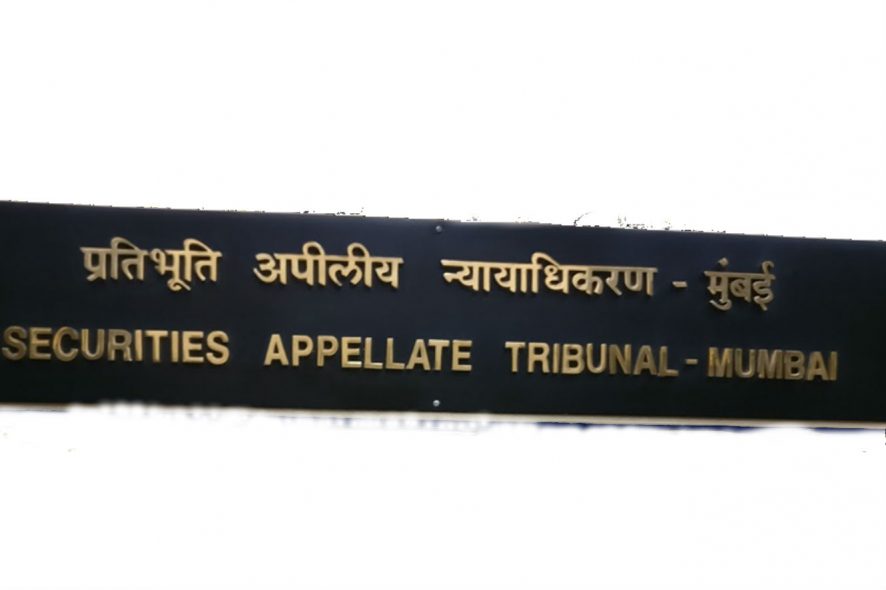Securities and Appellate Tribunal (SAT): Tarun Agarwala, J. (Presiding Officer) and Dr C. K. G. Nair, Member quashed an order passed by the Securities and Exchange Board of India (‘SEBI’) which imposed a ban on auditing firm, however, upheld the punitive damages awarded for wrongful gain.
In the present case, the appellants being the auditing firm, Price Waterhouse Coopers (‘PWC’) had challenged an order passed by the SEBI wherein a two-year ban was imposed on the firm from auditing any listed company due to its involvement in the 2009 Satyam Scam. The auditing firm had been the auditor of the Satyam Computers Services Limited (‘Satyam’) during the period 2000-2009 and in the year 2009, the Chairman of Satyam stated that the books of accounts of Satyam were not true and the company was involved in large scale financial irregularities and misappropriation of funds. SEBI, upon an investigation of the books of Satyam, found out that PWC was the statutory auditor of the company and there were fabrication, falsification and misrepresentation in the books of account and financial statements of Satyam.
The senior counsels representing the appellants, Janak Dwarkadas along with Mukul Rohatgi questioned the jurisdiction of SEBI in banning an audit firm and submitted that the impugned order deals with the roles of an auditor and its contravention which are prescribed by Institute of Chartered Accountants of India (‘ICAI’) and thus, having the jurisdiction to deal with matter relating to contravention by audit firms. It was contended that as on the date of the impugned order there were new partners who were not partners of the firms during the period 2000 to 2009 and thus, banning them from doing audit work of listed Company merely because those are presently partners in PWC firms is wholly arbitrary and illegal.
The senior advocates representing the respondents, Ravi Kadam being assisted by Kevic Setalvad, submitted that the impugned order does not suffer from any illegality since the Satyam scam had a direct and adverse effect on the securities market. They also urged that failure to comply with the basic auditing standards constituted fraud and thus it was ideal to impose a ban on the auditing firm.
The Appellate Tribunal upon perusal of facts and circumstances of the case stated that it was true that the network of firms under PWC alleged to have been involved in the scam was not under the PWC hence had no stake and vicarious liability of a chartered accountant cannot be extended to a firm. The Appellate Tribunal stated that “in the absence of any finding of connivance or collusion or intention or knowledge on the part of the ten firms in the audit of Satyam Computers, and in view of the clear cut directions of the Bombay High Court, no directions could have been issued by the Whole Time Member against the ten firms.” Dealing with the issue of jurisdiction the Tribunal said SEBI did not have any authority to look into the quality of audit and auditing services and it can only take remedial and preventative action. The direction issued is neither remedial nor preventive, but punitive in nature and thereby quashing the order passed by the SEBI. However, the Appellate Tribunal upheld SEBI’s direction on disgorgement of Rs 13 crore from the auditor along with interest of 12% since 2007 for the wrongful gain.[Price Waterhouse & Co. v. Securities and Exchange Board of India, 2019 SCC OnLine SAT 165, decided on 09-09-2019]






